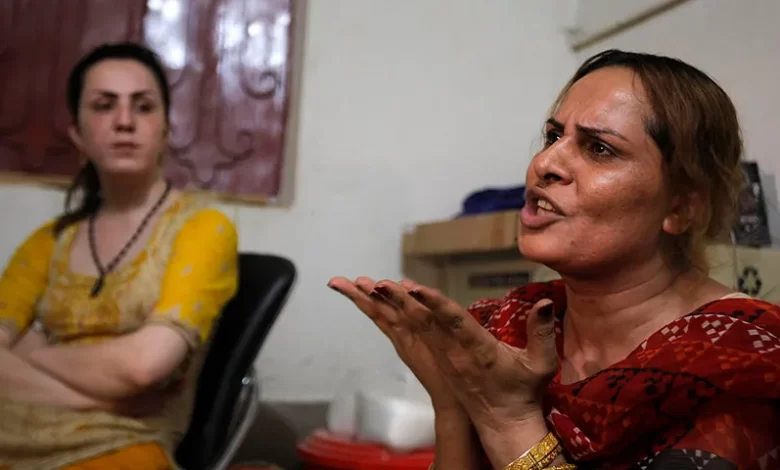
Nasreen Jabeen
Even today, the transgender community is compelled to lead isolated lives due to societal prejudices, insecurity, and financial challenges.
Despite having constitutional and legal rights, practical implementation remains elusive—transgender individuals can't vote freely or run for office, and their independence is curtailed.
While government initiatives are underway, the transgender community still faces deprivation of fundamental rights. A mere 32 transgender individuals have obtained X-cards from NADRA, and many fear that having an X-card might jeopardize their inheritance rights. Consequently, some transgender individuals refrain from acquiring X-cards and feel hesitant and insecure about exercising their right to vote.
Also Read: Daughter’s Sacrifice: When Parents Prioritize Fear Over Her Happiness
Farzana, President of the Action Association, emphasizes the need for reserved seats for transgenders, akin to seats for women and minorities, ensuring their comprehensive representation in legislative bodies. Social attitudes, confusion at polling stations, and security concerns deter transgenders from exercising their voting rights.
Arzoo, Head of the 'Khwaja sara' Association, notes that political parties neither provide tickets nor trust transgender candidates, hindering their ability to contest elections. Security, societal attitudes, and financial constraints pose significant challenges for transgender individuals seeking political participation.
The 2017 census reported 940 transgender women in Khyber Pakhtunkhwa, but data for 2023 is incomplete, with transgender associations disputing the National Bureau of Statistics figures, claiming their number is underreported.
Qamar Naseem, head of Blue Vans, highlights internal security issues within the transgender community, with a majority of murders committed by their acquaintances. Although social attitudes have evolved, insecurity persists, necessitating formal legislation.
Existing legislation for the transgender community faced challenges when the Federal Sharia Court invalidated it. The National Commission for Human Rights has formed a committee to address transgender issues, aiming to create policies at the provincial level for their welfare.
While the Transgender Protection Act, of 2018, mandates the establishment of safety centers and safe houses, practical steps and implementation are lacking. Transgender individuals continue to face exploitation and insecurity, urging the government to establish safe houses, provide conducive environments for voting, and implement measures for their political awareness and inclusion as productive citizens of Pakistan.